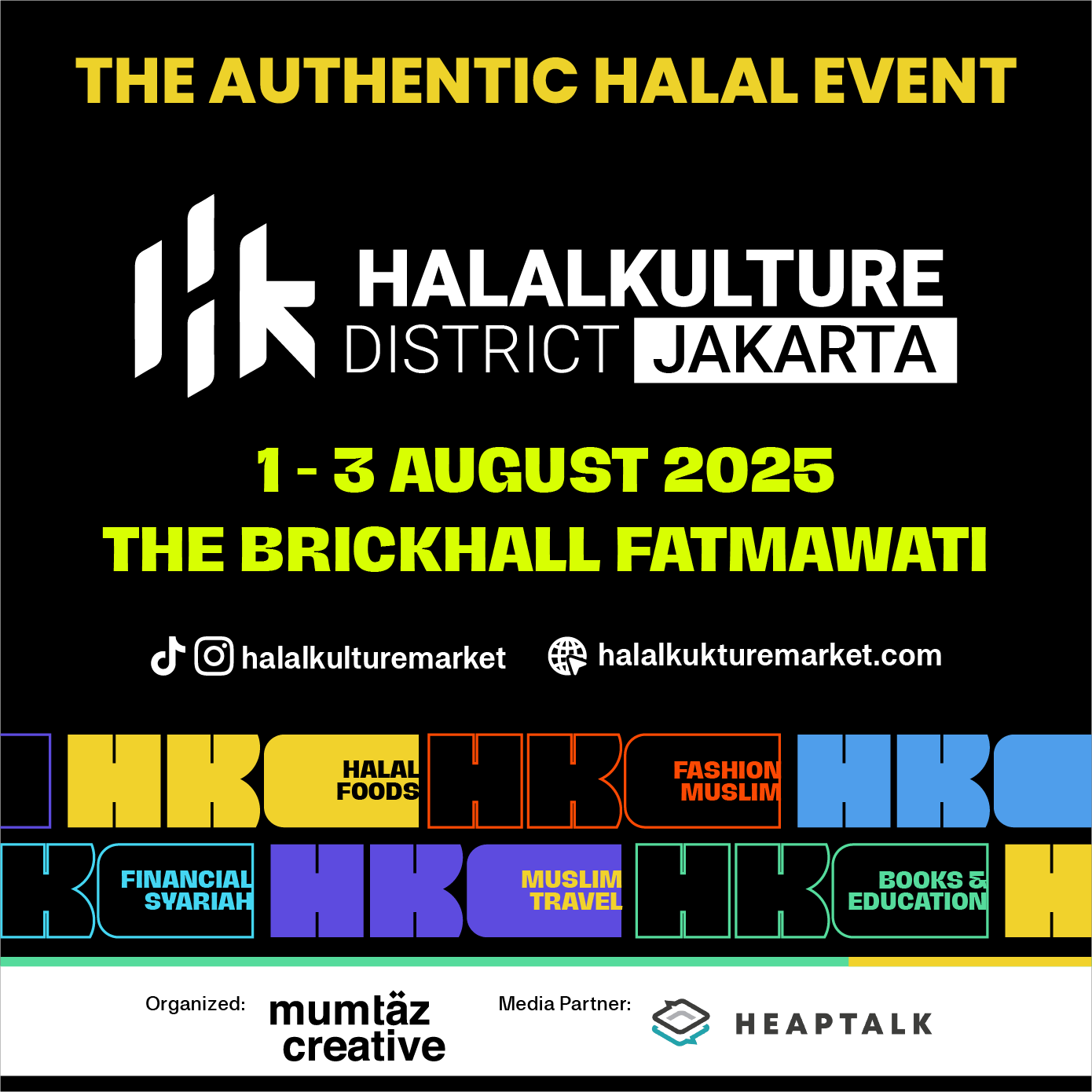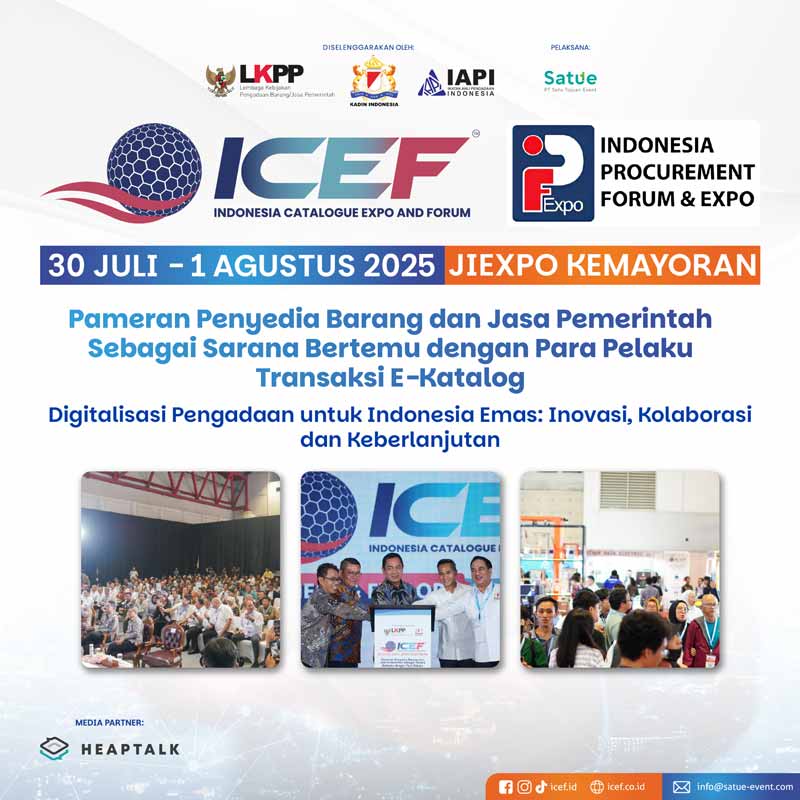DigiAsia and StoneBridge’s business combination agreement results in a pre-money equity valuation of $500 million and is expected to close in Q2 2023.
Heaptalk, Jakarta — Indonesia’s fintech-as-a-service (FaaS) company, DigiAsia Bios, signed a binding business combination agreement with an Asia-Pacific special purpose acquisition company (SPAC), StoneBridge. Following the agreement, the combined company will be named DigiAsia and will debut on Nasdaq under the ticker symbol ‘FAAS’.
The business combination results in a pre-money equity valuation of $500 million. The agreement, which has been approved by the Board of Managers of DigiAsia and by the Board of Directors of APAC, is expected to close during the second quarter of 2023.
In addition to the equity investment, DigiAsia has also secured a partnership with DBS Bank Ltd, the largest bank in Singapore and Southeast Asia, on Oct 31st, 2022, to disburse loans into DigiAsia’s lending marketplace for merchants through its KreditPro platform.
After the agreement, DigiAsia will have access to as much as $200 million in net cash from Stonebridge. The capital can help fund DigiAsia’s growth by focusing on the development of customers and the ecosystem, the creation of new banking-as-a-service (BaaS) products, expansion with current customers, and monetization of ecosystem data.
Concurrently, Stonebridge has secured a non-binding letter of intent for a Standby Equity Purchase Agreement with Yorkville Advisors Global, LP, for up to $100 million of equity financing, which includes a pre-paid advance of up to $30 million in three tranches subject to certain conditions upon completion of the announced merger with Stonebridge.
Founded in 2017 by the former CEO of Indosat Ooredoo
DigiAsia has been providing embedded fintech and banking services in Indonesia since 2017 through four products, namely digital payment (KasPro), P2P lending (KreditPro), remittances (RemitPro), and digital financial services (DigiBos).
Founded in Jakarta by the former CEO of Indosat Ooredoo Alexander Rusli and former Chief of Strategy and Digital Services Officer Prashant Gokarn, the company serves a large total addressable market (TAM) of $245 billion and growing. Previously, DigiAsia closed a $14.5 million investment at a $450 million post-money valuation which was led by Reliance Capital Management (RCM).
Co-CEO of DigiAsia Prashant Gokarn delivered, “DigiAsia’s vision is to be an active part of the digital revolution of Indonesia by enabling financial services, lending, payments, remittances, and mass low-cost banking, to all individuals and businesses, irrespective of their size or socioeconomic status. We are also very proud to be working with Mastercard to build on our existing offering to increase financial inclusion in Indonesia.”
In addition, Co-CEO of DigiAsia Alexander Rusli said that the company has an established presence in Indonesia and is looking toward immediate expansion into South East Asia followed by the Middle East and North Africa. “The capital raise via IPO and the subsequent execution will help establish DigiAsia as a clear leader in the white-labeled digital wallets and Banking-as-a-Service verticals in the region,” uttered Alexander.
Meanwhile, the CEO of Stonebridge Acquisition Corporation Bhargav Marepally stated that the company was established as a bridge for IPO-ready companies in the Asia-Pacific region to access the US public markets. Bhargav said, “DigiAsia’s focus on Indonesia, one of the fastest growing markets in Asia, its ability to scale quickly through sticky customers, the strategic investors on the cap table, and a management team with a proven track record make it a great fit for Stonebridge.”
President and CFO of Stonebridge Prabhu Antony is optimistic about Indonesia’s potential of a credit card penetration of less than 4% with more than half of the population remaining unbanked. “DigiAsia is best positioned to capitalize on this large TAM. Also, sustainable take rates resulting in solid unit economics and strong long-term gross margins at over 50%, make it a highly profitable business model,” concluded Prabhu.














